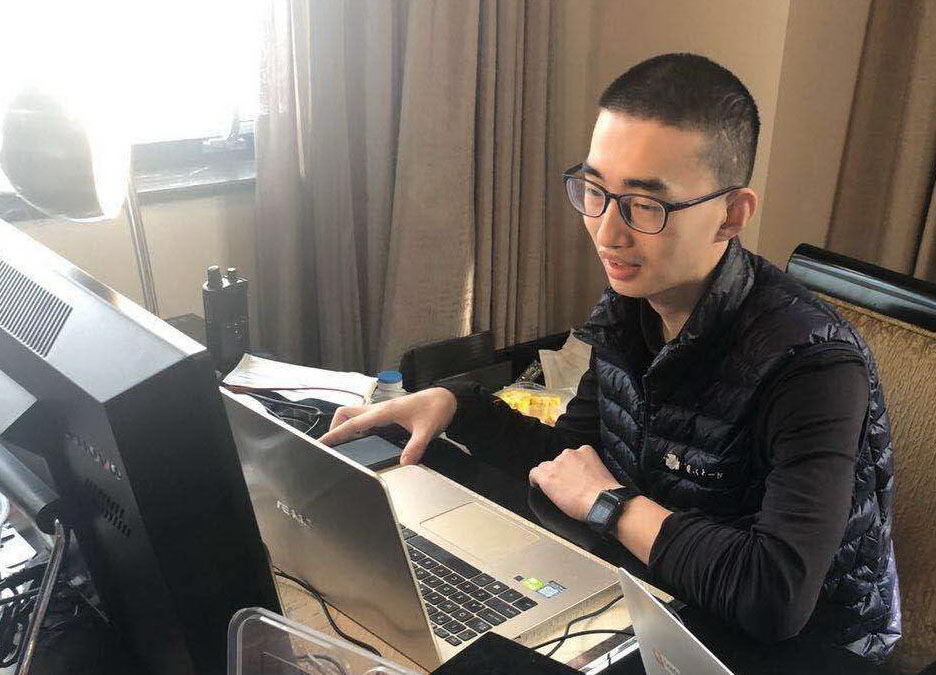Wuchang doctor helps patients heal with humor


At Wuchang makeshift hospital, doctor Cai Quan's livestream broadcasts, in which he uses humor while answering questions about the novel coronavirus, have made him an internet celebrity.
Cai, 31, came to work at Wuchang from the emergency department of the First Hospital of China Medical University on Feb 5. As the team coordinator and chief resident doctor, he is responsible for 270 patients with mild symptoms in Ward B of Wuchang, working alongside 49 members of the Liaoning National Emergency Medical Rescue Team.
His broadcasts on YY.com have attracted more than 300,000 views since Feb 17, not only from the patients but also the public.
"The broadcasts are not only for entertainment, they also provide health education," Cai said. "The key is to provide patients with valuable information in the way they like. We help them relieve their anxiety as much as possible. At the same time, it improves the management and work efficiency of medical staff."
Increasing patient satisfaction and improving treatments with limited resources is the major challenge for most hospitals on the front line of the fight against the virus.
Cai found that doctors have had to repeat the same answers for different patients suffering from the contagion.
The idea of a livestream broadcast came to his mind as a solution. He had done them in the past to promote information on cardiopulmonary resuscitation and first aid for communities, primary schools, and other institutions.
"Mr. Li from bed 275 asked why his two tests have different results. Put it in a simple way, we found no virus in you with test A, but test B found the virus. It means that the virus concentration has become relatively low. Congratulations!" Cai said during one of the broadcasts.
His vivid descriptions and humorous words quickly drew patients' interest. In an hourlong broadcast, Cai can answer about 20 questions, which means a lot in a hospital with 270 patients.
Zhang Xu, the leader of the Liaoning medical team, said that the broadcasts have greatly optimized the daily management of the hospital.
Based on the feedback from broadcasts, the medical team created a guideline detailing rules on the makeshift hospital's working process.
It has been used to guide the work in the ward and has greatly improved efficiency.
As more questions poured in, Cai started to invite doctors from the psychology department, respiratory department, TCM department and elsewhere to join the broadcasts.
"We have received a lot of encouragement during and after the broadcasts," Cai said. "It inspires me a lot because I know I have fulfilled my obligation here to help people and save lives."
Liu Jianyu and Han Yingchun contributed to this story.




































